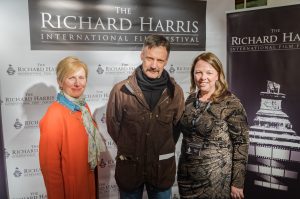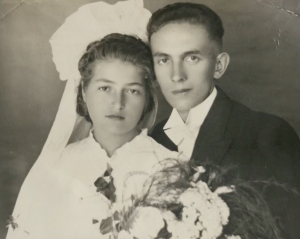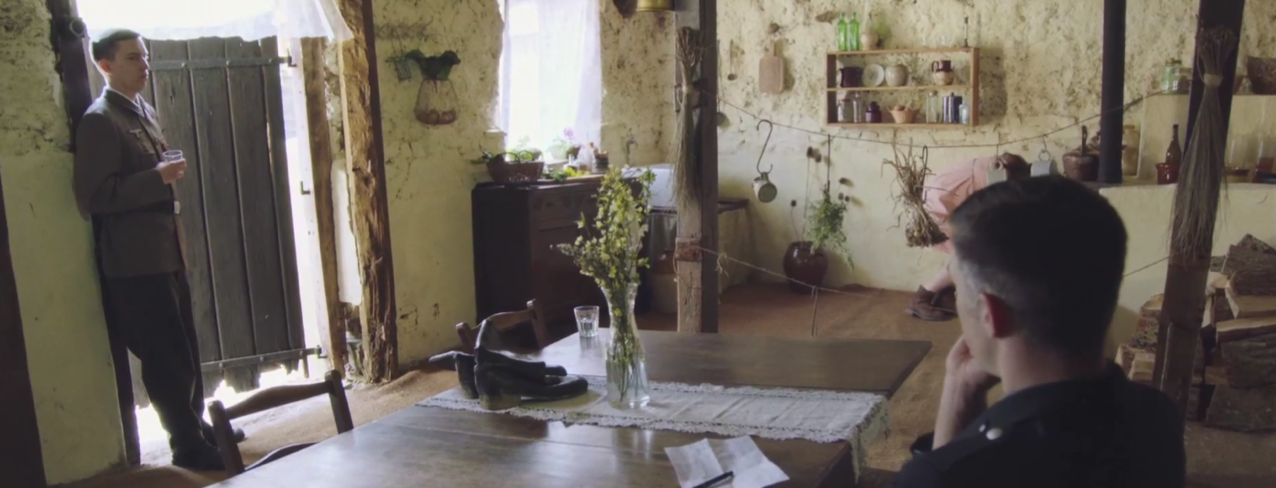By Simran Kapur
Limerick girl Aoife O’Kelly shines bright in London, as her ambitious piece on celluloid earns accolades across film festivals.
From rebuilding a Polish household, carving out windows in an old mud house and recreating a time an era that left a mark on most.
Lula, a true story of love and survival set in 1944 war-stricken Poland has become an inspiration for many – and was made entirely by students.
A tale of heroism and sacrifice Lula was showcased at Limerick’s only International Women’s day Festival organised by the Richard Harriss International Film Festival (RHIFF).
Limerick has gradually grown with regard to student opportunities since 2017, Creative Director and Programming Team RHIFF, Sylvia Moore believes.
“2017 was our first year to have a specific student category; we saw a significant jump in numbers for student submissions. We have film schools in Europe that send films to us as well as students from the USA and worldwide,” Ms Moore added.
Submitted films must be under 20 minutes and should not be available to view online, Ms Moore specified.
“The films are assessed and scored by adjudicators worldwide, some areas being: Writing, Directing, Acting, Production Value, Pace, Structure, Sound etc.” Ms Moore said.

Still alive and hearty, 97-year-old Lula now lives with her family and grandchildren in Poland, after seeing the completed film, it took Lula a while to absorb and communicate her feelings. She broke down and thanked her great-grand-daughter, all the while overwhelmed by her memories and emotions.
Played by Marta Kane, Lula’s character is strong and passionate and the actors reverberate emotions throughout the film never losing the audience’s attention.
The SS officers played by, Jo Weil and David Imper specially flew over from Germany to England for the film and Marta Kane picked up German in order to do her role complete justice.
An ambitious project such as Lula, required funding which primarily came from their Indiegogo Campaign. Relying greatly on donations and crowd funding, it took four months of hard-work to finish the project.
“Crowdfunding platforms can and do work, competition is tough though, remember, generating support locally from your home area can be a good idea too,” Ms Moore suggested.
Run entirely by students a team of five set designers led by Freya Dolby and assisted by students from the Wimbledon College of Arts, spent two days up to their knees in debris cleaning and designing the whole barn including creating an authentic polish stove.
“Lula came about from my producer and friend Sara Kurp who I was studying with in London. She told me of this incredible story of her great-grandmother, Lula, and how she managed to survive on this fateful day when she was interrogated by German soldiers,” Director Aoife O’Kelly recalls.
Crowd funding requires a great deal of effort and patience, Ms O’Kelly feels.
“It’s good to make an excel sheet to keep track of anyone who has donated money to you and be in touch after. Ultimately, it takes a lot of communication and following up with people to encourage funding and support but we managed to get a solid budget for the film luckily and we’re very grateful to all our crowd-funders for that,” Ms O’Kelly added.
Asked if women faced an added pressure while directing a film Aoife said: “I think making a film requires the exact same process and commitment from a woman as it does for a man, and women are fully capable of handling those challenges.”
Her success along film festivals has provided Director Aoife O’Kelly a number of future opportunities and she feels it is essential to put your films out there in order to receive better feedback.
“We just decided where we thought the film might fit and started sending off a number of applications (that our budget could afford – plan for that in advance!). Attending networking events at these festivals or film mixers can also help if you want to meet people involved in the festival and chat to them about your film there.
Producer Sara Kurp has been extremely attached to the film and accompanied her great-grand mother and family in watching the final piece.
“After about 10 minutes she started laughing which was a relief for me, my mum and my grandma, who were also in the room. We asked her why she was laughing and she said that everything in the film was so real and amazing but her real life husband was much bigger!” Ms. Kurp recalled.

![]()


